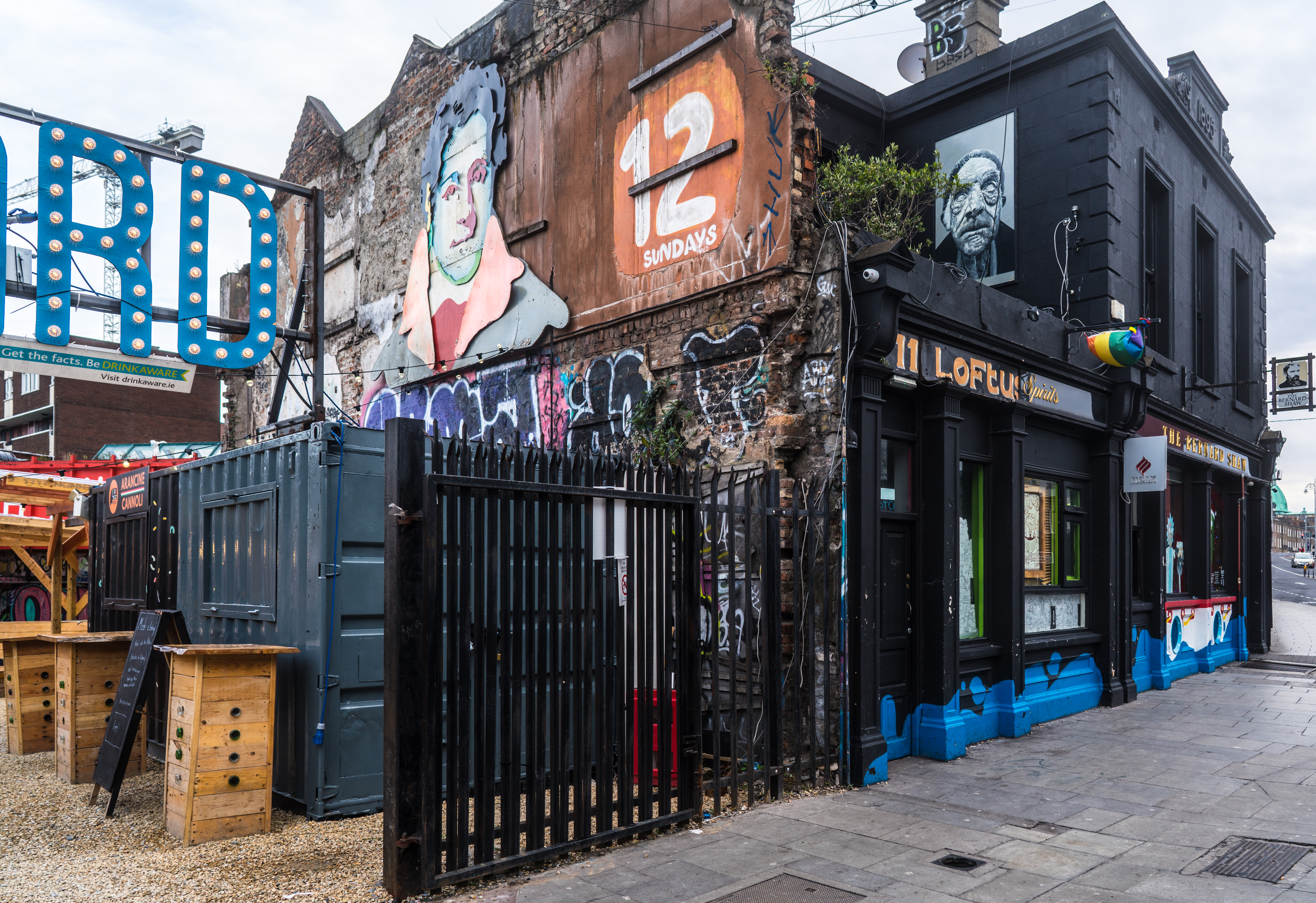With the announcement that The Bernard Shaw will be forced to close the doors of its Richmond Street home at the end of October of this year, there comes the painful sense that yet another of Dublin’s iconic institutions has been devalued. The venue, which first opened its doors in 2006, has been a longstanding favourite amongst students and creatives from all walks of life, hosting a number of diverse cultural events. In a statement on the venue’s website, the management asserted that: “We’ve tried really hard over the last few months to renew the lease, stay on longer, or buy the place. A lot of things didn’t go our way over the last 12 months either, but it’s out of our hands now unfortunately.”
On September 21, Bodytonic, the entertainment group responsible for The Bernard Shaw, announced that they would be moving the iconic venue to Dublin’s Northside, with the intention of also transporting its Eatyard food space. Trevor O’Shea, the man behind Bodytonic, has stated that “it’s very difficult when you’re running something and you are doing a decent job and you’re told you can’t do it again. We are living in tough times at the moment in terms of trying to put on good events and make good spaces happen. We need to find new places to be creative, which means taking risks, going to places that won’t have as much footfall, building things up again.” While the precise reasons for The Bernard Shaw’s forced move from Dublin’s southside are not entirely clear at present, a pertinent question remains: who – or what, exactly – is Dublin for?
“in Dublin we are seeing a systematic neglect of culture – which cannot be easily packaged, commodified and cashed-in on – as the city becomes an increasingly homogenised, dull grey, landscape of chain restaurants, endless cranes and 12 euro cocktails.”The capital is changing at a rapid rate with the widespread development of luxury student accommodation spaces and new hotels. It is important to ask, however, exactly where this development is taking us, and what are we losing along the way? Events spaces like Hangar, District 8, and The Bernard Shaw, for many young people, are part of the fabric of what makes Dublin the place it is. When abroad, I have often been surprised about just how many people – mostly young people who have visited Dublin – become misty-eyed and nostalgic when remembering their time in The Bernard Shaw. To my mind, the global resonance of The Bernard Shaw and what it stands for signifies an important symbolic point: that the debate around Dublin’s ever-changing landscape is a cultural one, which is also being fought in socio-economic and political terms. Specifically, in Dublin we are seeing a systematic neglect of culture – which cannot be easily packaged, commodified and cashed-in on – as the city becomes an increasingly homogenised, dull grey, landscape of chain restaurants, endless cranes and 12 euro cocktails.
It is revealing to contrast the closures and forced moves of venues in Dublin with governmental action taken in Berlin. In 2016, world-renowned techno club Berghain was awarded a reduced tax rate by the German courts in a case which deemed the venue worthy of the same cultural status as the city’s opera houses and theatres. Indeed, just two years later, the local government in Berlin announced that €1million funding would be given to some of Berlin’s most influential nightclubs such as Sisyphos, About Blank, and Griessmühle, to protect them through sound system renovation. This effort came after a number of Berlin clubs were shut down due to complaints from residents, with the renovations aiming to reduce noise pollution. Meanwhile, noise pollution is one of the reasons cited for The Bernard Shaw’s closure.Why the Irish government does not seem to value nightlife culture in the same way – as something which could conceivably have creative and cultural value beyond profit – seems, at the very least, a question worth asking.
“If we lose places like The Bernard Shaw, however, we lose a great deal more than a hot hipster hangout for the bearded and the tote-bagged.”Will we see Varadkar spinning vinyl in the newly-opened O’Berghain’s anytime soon? As much as it pains me, we probably won’t. But that should not stop us asking for better from the government and Dublin City Council. And yes, the eight euro pints of Gweenis in Temple Bar and the my-great-aunt’s-dog-was-born-in-Donegal Irish-Americans do make a valuable contribution to the rich tapestry of Dublin life in their own way. If we lose places like The Bernard Shaw, however, we lose a great deal more than a hot hipster hangout for the bearded and the tote-bagged. This was a place where young creatives from different backgrounds and across different media could get together and give innovative performances, exploring new possibilities of what Irish culture means to an entire generation. Without the cultural platform offered by places such as The Bernard Shaw, Dublin becomes a commercialised parody of its former self, with Starbucks and Tolteca dealing the craic at a hefty profit margin – the price of everything and the value of nothing.
Whilst many will undoubtedly be pleased that The Bernard Shaw will live on in some other form, it remains a matter of concern that places like The Bernard Shaw are vulnerable to hotel and luxury accommodation developments as we’ve seen previously. Perhaps only time will tell, though if you are interested in supporting Dublin nightlife and the role it can play in fostering creativity and culture beyond profit, I would strongly recommend getting behind the Give Us The Night campaign. Give Us The Night is a volunteer group who push for change in Ireland’s nightlife scene in terms of legislative change, while generally fighting the good fight. It is only through grassroots activism that we can help highlight the unique nature of places like The Bernard Shaw so the same does not happen again.






